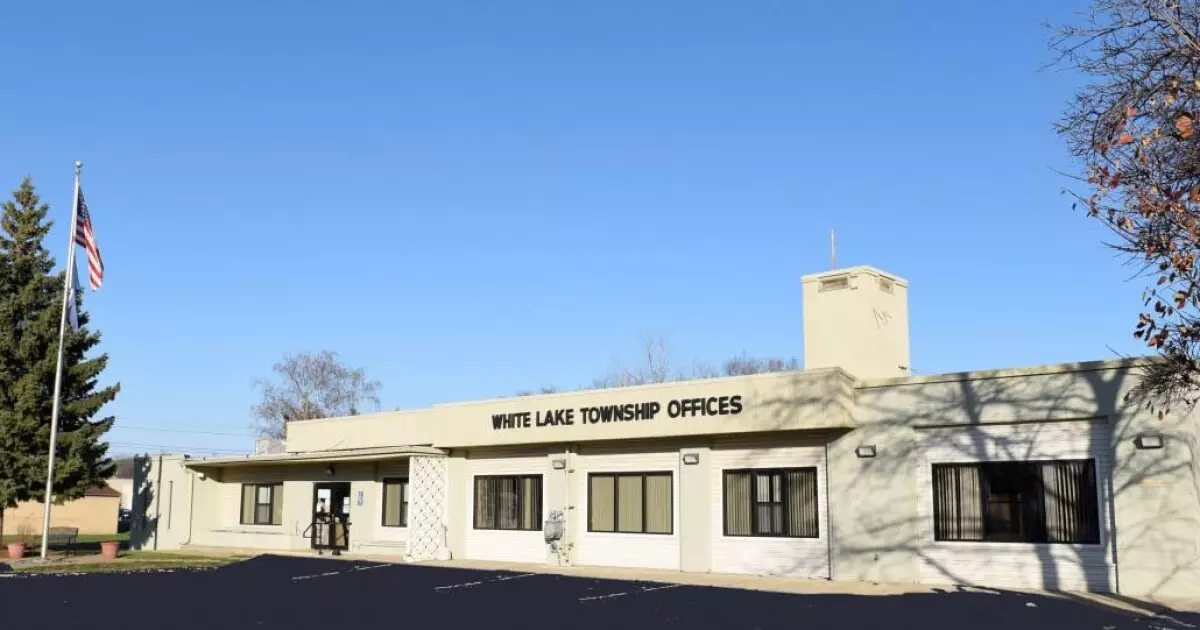Resilience in the Face of Cybersecurity Threats: White Lake Township’s Response to a Bond Hack

In November 2022, White Lake Township, Michigan, found itself in the midst of a cybersecurity crisis that disrupted its financial operations and highlighted vulnerabilities within its digital infrastructure. The township intended to raise $29 million through a competitive bond sale, which was abruptly halted due to the infiltration of a “third-party criminal actor.” This breach not only jeopardized the township’s financial stability but also illustrated the growing threat posed by cybercriminals to public finance operations. As the dust settles, White Lake Township is embarking on a path of recovery and resilience by restructuring its bonding process and enhancing cybersecurity measures.
The Details of the Breach: An Analysis of the Incident
The hack revealed a troubling narrative about the exploitation of communication channels and trust within the township’s administrative framework. According to Police Chief Daniel Keller, the attack involved the impersonation of a township official through a compromised email account. Fraudulent wire instructions were sent, leading to a substantial financial loss when the purchase price was transferred to an account controlled by the criminals. The swift response from Robert W. Baird, the bonding agent in the transaction, allowed for the recovery of $21.3 million out of the total purchase price, revealing a silver lining amidst the chaos.
However, the breach raised concerns regarding the existing cybersecurity protocols. Jennifer Cook, an associate director at S&P Global Ratings, emphasized that while the township held a cyber insurance policy, the incident exposed critical weaknesses in password security and overall cyber defense strategies. The implications of such a breach are far-reaching, affecting not only immediate financial concerns but also long-term public trust and administrative integrity.
In light of the incident, White Lake Township has initiated a shift in its bond issuance strategy. Moving away from the vulnerable competitive sale method, the township is now pursuing a negotiated sale process for its $29 million limited tax general obligation bonds, with Stifel and JPMorgan designated as lead managers. This strategic pivot reflects a recognition that the complexities and risks of public finance demand a more robust approach to security and execution. By engaging Baker Tilly as a municipal advisor and legal counsel from Dickinson Wright, the township aims to fortify its financial operations against future threats.
The township’s decision to adopt a negotiated process allows for closer monitoring and enhanced communication with financial partners, potentially minimizing the risks associated with quick, competitive transactions. The comprehensive review of security protocols and the involvement of specialized advisors should establish a more resilient framework for upcoming financial activities.
The hack not only complicated immediate financial challenges but also cast uncertainties over White Lake Township’s future bonding capacity. With a stable AA-plus rating assigned by S&P Global to its Series 2025 taxable GO bonds, the township is positioned to restore confidence amongst investors and stakeholders alike. Diana Cook of S&P noted that the township’s proactive approach to budgeting and commitment to rigorous capital improvement planning could mitigate lingering concerns about managerial effectiveness post-incident.
Nevertheless, the overarching narrative emphasizes the necessity for ongoing vigilance and adaptation within the public finance sector. Cybersecurity threats are no longer abstract concerns; they represent tangible risks that can derail financial stability and compromise public service capabilities. The aforementioned fraud incident has sparked discussions at various finance conferences regarding the creation of industrywide best practices designed to bolster cybersecurity within municipal finance operations.
The events surrounding the cyberattack on White Lake Township serve as a poignant reminder of the vulnerabilities inherent in today’s digital landscape. The township’s response—reshaping its bond issuance process and reinforcing cybersecurity protocols—illustrates a critical understanding of the lessons that must be learned from such adversities. As municipalities navigate the evolving threats posed by cybercrime, ongoing investment in cybersecurity measures, employee training, and public transparency will be essential to restore trust and ensure the seamless continuation of public services.
The journey toward recovery may be fraught with challenges, but White Lake Township’s resolve to enhance its security posture and refine its financial practices sets a compelling example for other municipalities facing similar threats. It embodies a critical evolution from reactive measures to proactive strategies in safeguarding public finance against the growing tide of cyber vulnerabilities.





